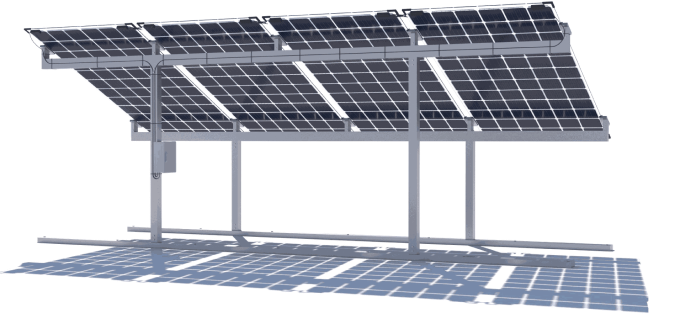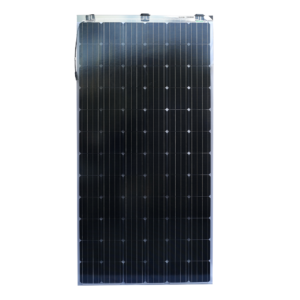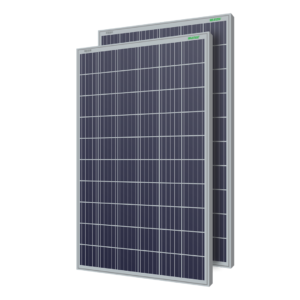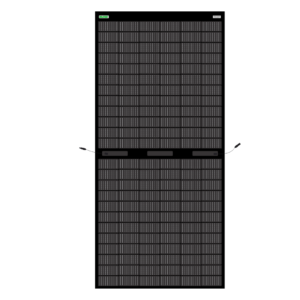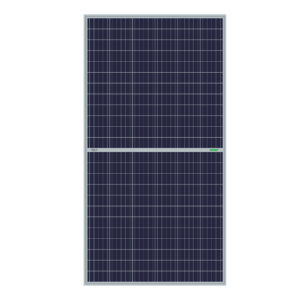Polycrystalline solar panels are solar panels that consist of several crystals of silicon in a single PV cell.
As there are multiple silicon crystals in each cell, polycrystalline panels allow little movement of electrons inside the cells. Polycrystalline solar panels are more eco-friendly than monocrystalline solar panels as they do not require individual shaping and placement of each crystal, these panels also have lower heat tolerance than monocrystalline panels. So, at higher temperatures, these solar panels have lower efficiency than others with high power density.
Description
Poly Module Features
- Better Performance Under All Climatic Conditions
Poly modules are designed to perform efficiently in a wide range of weather conditions, ensuring reliable energy output throughout the year. - Split Junction Box for Improved Heat Dissipation
The split junction box helps enhance heat dissipation, reducing the risk of overheating and improving the overall safety and longevity of the panels. - PID Resistant with Long-Term Reliability
These modules are resistant to Potential-Induced Degradation (PID), offering long-term reliability and sustained performance. - Superior Performance of Half-Cell Technology
Half-cell technology ensures improved energy efficiency by minimizing power losses, making these modules highly effective. - Enhanced Power Output Due to Revolutionary Design
The innovative design of poly modules provides increased power output, maximizing energy generation for various applications. - Reduced Power Losses by Up to 1/4
Poly modules are engineered to reduce power losses significantly, enhancing overall energy production. - Increased Shade Tolerance
Designed for better performance in shaded conditions, these modules offer more consistent energy output even when partially obstructed.
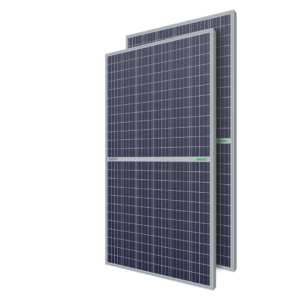
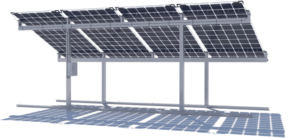
Advantages of Polycrystalline Modules
- Cost-Effective Solution
Polycrystalline solar panels are more affordable due to their simpler manufacturing process, making them a budget-friendly choice for solar energy solutions. - Lower Heat Tolerance
These panels perform reliably, though they have slightly lower heat tolerance compared to other panel types, making them suitable for moderate climates. - Reduced Silicon Wastage
The manufacturing process for polycrystalline panels results in less silicon waste, contributing to more efficient and sustainable production. - 21% Efficiency
Polycrystalline panels offer up to 21% efficiency, providing reliable energy generation for various applications.


